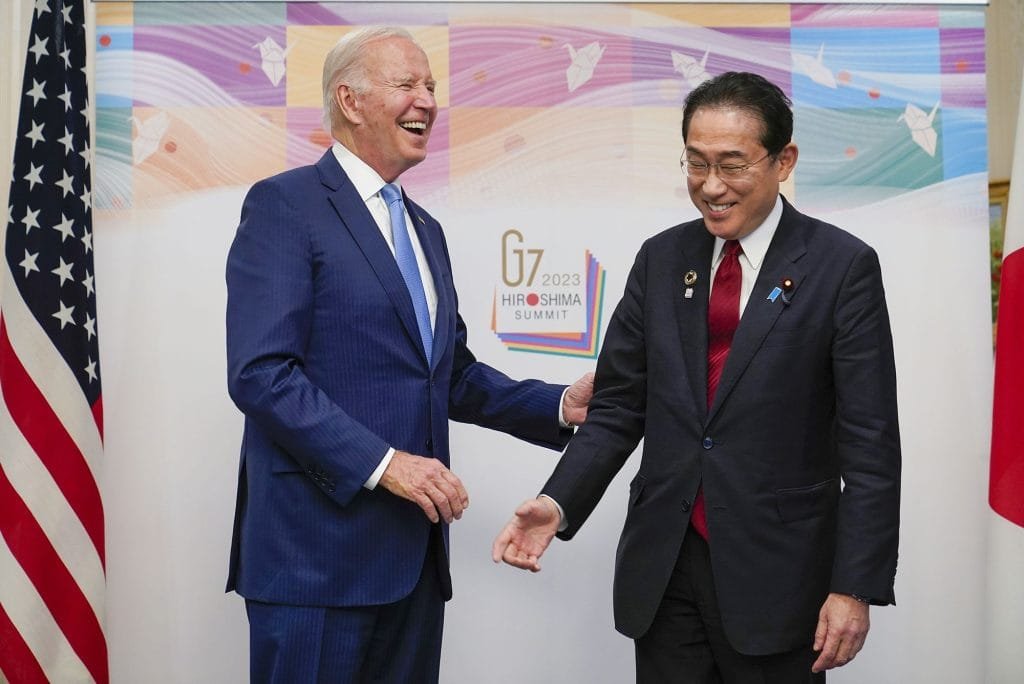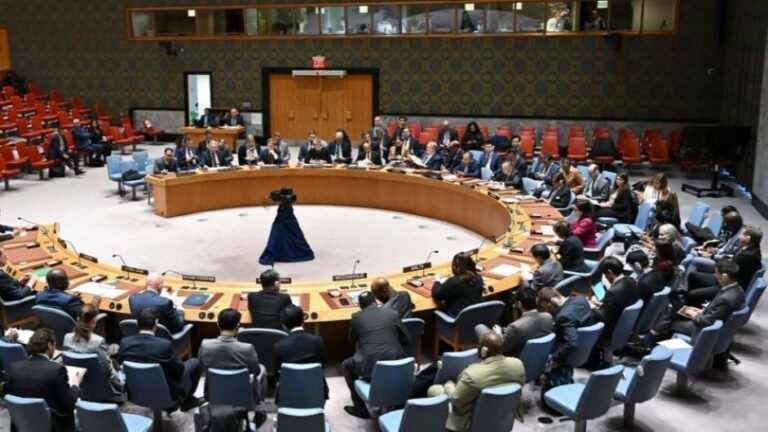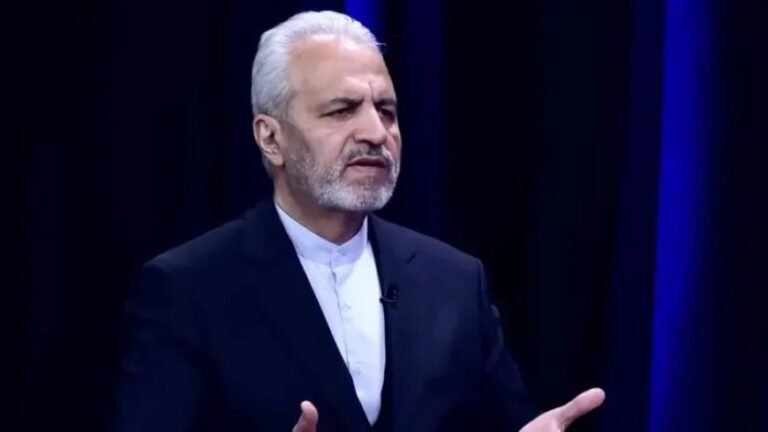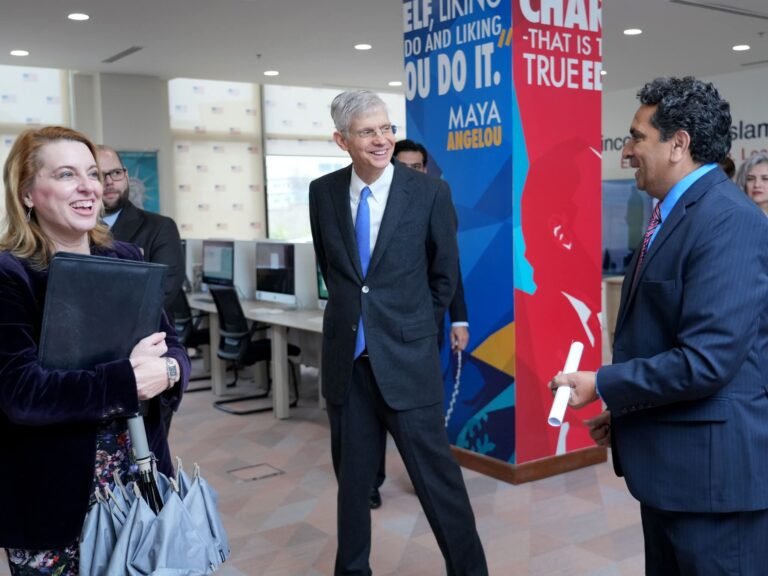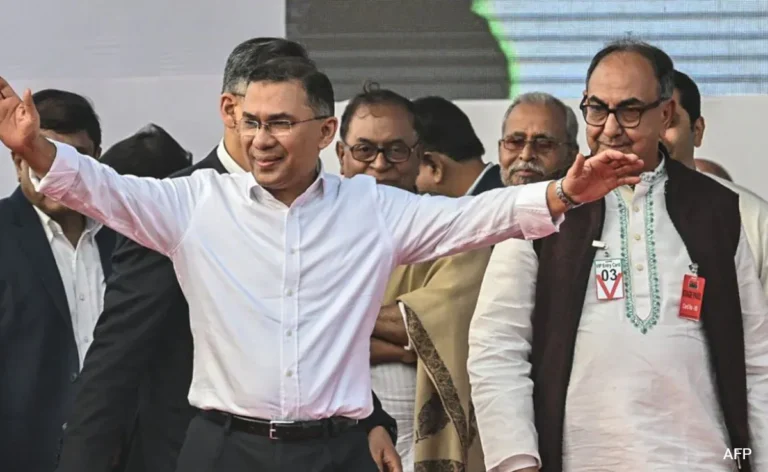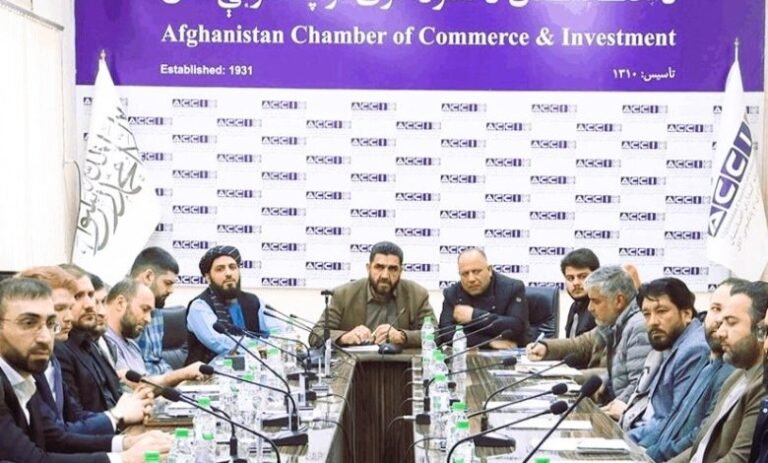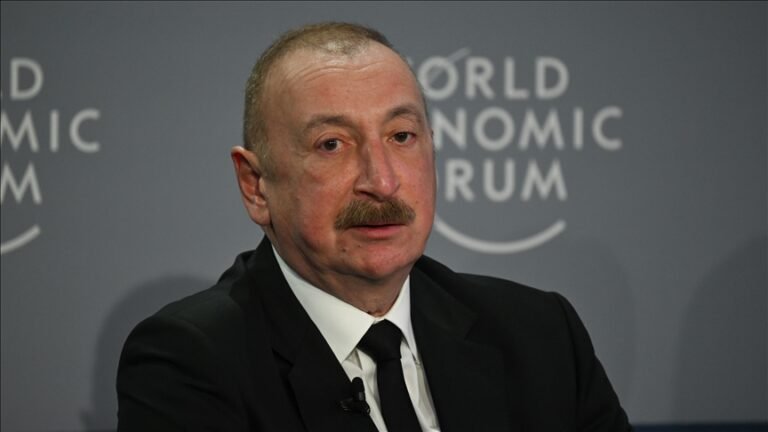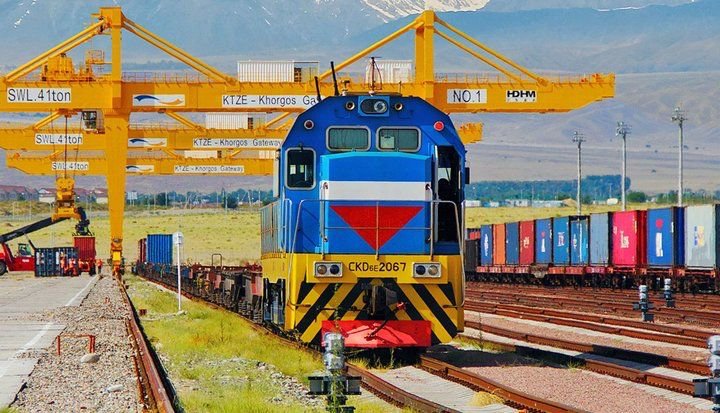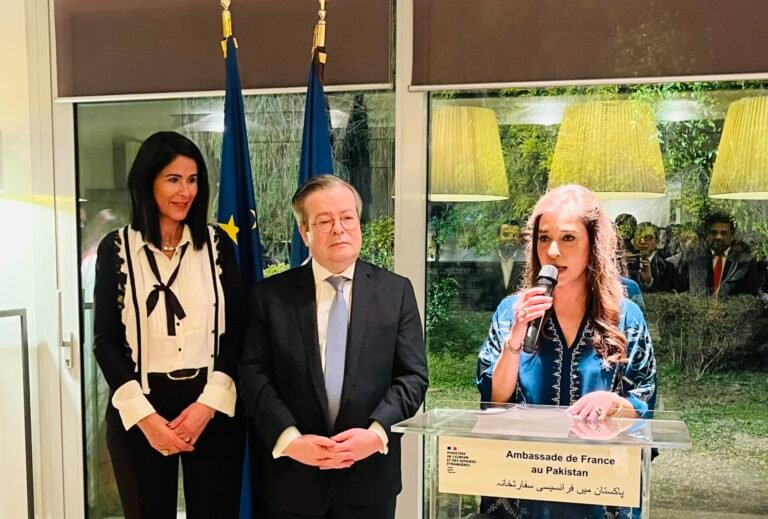Hiroshima, 18 May 2023 (TDI): United States (US) President Joe Biden has arrived in Japan to join leaders from the Group of Seven (G7) nations for a three-day summit. He also held a productive meeting with Prime Minister Kishida Fumio of Japan in Hiroshima today, where they discussed various security, economic, and regional issues.
Both leaders emphasized the critical role of the US-Japan Alliance in promoting regional peace and prosperity and reaffirmed their commitment to extended deterrence using the full range of US capabilities.
Defense cooperation was a key focus of the discussions, with President Biden acknowledging Japan’s revised strategy documents and increased defense investments. Both leaders explored avenues to further strengthen defense collaboration, building upon their shared commitment to regional security.
In the economic realm, the leaders underscored their efforts to enhance economic cooperation. They discussed ongoing negotiations on the Indo-Pacific Economic Framework (IPEF) and emphasized the importance of clean and secure energy, as well as the establishment of diverse and resilient critical minerals supply chains.
Also Read: US, Japan celebrate trade wins ahead of Tai visit
Notably, they highlighted the deepening cooperation on emerging technology, including the finalization of a memorandum of cooperation on education and technology. New partnerships between US and Japanese companies and universities, such as the University of Chicago and Purdue University, were announced in areas like quantum computing and semiconductors. President Biden expressed gratitude for Japan’s increased investment in these critical sectors.
The leaders expressed their unwavering support for Ukraine in its defense against Russia’s unlawful invasion and discussed regional security challenges, including the Democratic People’s Republic of Korea’s nuclear and ballistic missile programs.
They also addressed the coercive behavior of the People’s Republic of China that runs counter to international law. President Biden reaffirmed the US commitment to the immediate resolution of the abductions issue and emphasized their shared opposition to any attempts to change the status quo by force. Peace and stability across the Taiwan Strait were reiterated as paramount, and the leaders pledged to maintain them.
Also Read: Russian Foreign Minister meets Chinese Foreign Minister
President Biden commended Prime Minister Kishida for his courageous efforts to improve bilateral ties with the Republic of Korea, highlighting its positive impact on regional stability and prosperity.
Moreover, they agreed on the significance of increasing multilateral cooperation in the Indo-Pacific region, particularly with the Republic of Korea, the Quad nations (Australia and India), Southeast Asia, and the Pacific Islands. ASEAN centrality was reaffirmed, reflecting the commitment to regional collaboration. Finally, President Biden conveyed his anticipation for a productive G7 Summit under Japan’s leadership.
It was great to meet with Prime Minister Kishida again to advance cooperation on the challenges facing our nations and globe.
— President Biden Archived (@POTUS46Archive) May 18, 2023
We’re strengthening our partnerships on technology, clean energy, and our supply chains – and our economies and people will be better off for it. pic.twitter.com/aFwFxs8DjS
Agenda of G7 Summit
President Biden’s primary objective during the summit is to rally the G7 countries to increase pressure on Moscow to end the war in Ukraine and to join efforts in countering China’s growing power and influence. Bilateral talks were held between President Biden and Japanese Prime Minister Fumio Kishida on Thursday evening, underscoring the significance of the summit.
Most importantly, the G7, comprising Canada, France, Germany, Italy, Japan, the United Kingdom, and the US, is anticipated to announce new sanctions against Russia and measures to address economic coercion by China. These announcements are expected to be made in the context of the high-profile annual gathering, which will also see the participation of Ukrainian President Volodymyr Zelenskyy through online means.
Also Read: Russia raises concerns regarding BSGI
The agenda of the summit encompasses various vital subjects such as nuclear disarmament, artificial intelligence, climate change, economic security, and enhanced cooperation with developing countries. While the G7 aims to apply pressure on Moscow and Beijing, divisions exist among member countries regarding the extent of punitive measures.
Japan and European nations have shown some hesitancy in completely severing trade ties with Russia and China, unlike the position favored by the United States. Recent reports suggest that these countries rejected a US proposal to ban Russian exports, deeming it impractical. European diplomats have also expressed concerns about permanently shutting down natural gas pipelines that were turned off by Russia following its invasion of Ukraine last year.
Also Read: US, Japan strengthen partnership at G7 Foreign Ministers’ Meeting
Thus, President Biden’s attendance at the G7 summit demonstrates the US commitment to addressing global challenges and collaborating with its international partners. His decision to prioritize this important gathering resulted in the cancellation of planned visits to Papua New Guinea and Australia, enabling his engagement in negotiations with Congress regarding raising the US government’s debt ceiling.
In a nutshell, the G7 summit presents a crucial opportunity for world leaders to strengthen international cooperation, tackle pressing issues, and foster global stability. President Biden and his counterparts remain dedicated to finding shared solutions and forging a brighter future for all.
Eman Mudassar Tarar is a student of International Relations at Quaid-i-Azam University, Islamabad and can be reached at emantarar26@gmail.com. She is currently working as a Research intern in the Institute of Peace and Diplomatic Studies. Her areas of interest are rooted in a deep passion for global politics, international relations, ongoing transnational developments as well as a strong commitment to advancing human rights and promoting social justice on a global scale. She writes as a columnist for various media outlets. The author tweets @the_emantarar.
- This author does not have any more posts.

